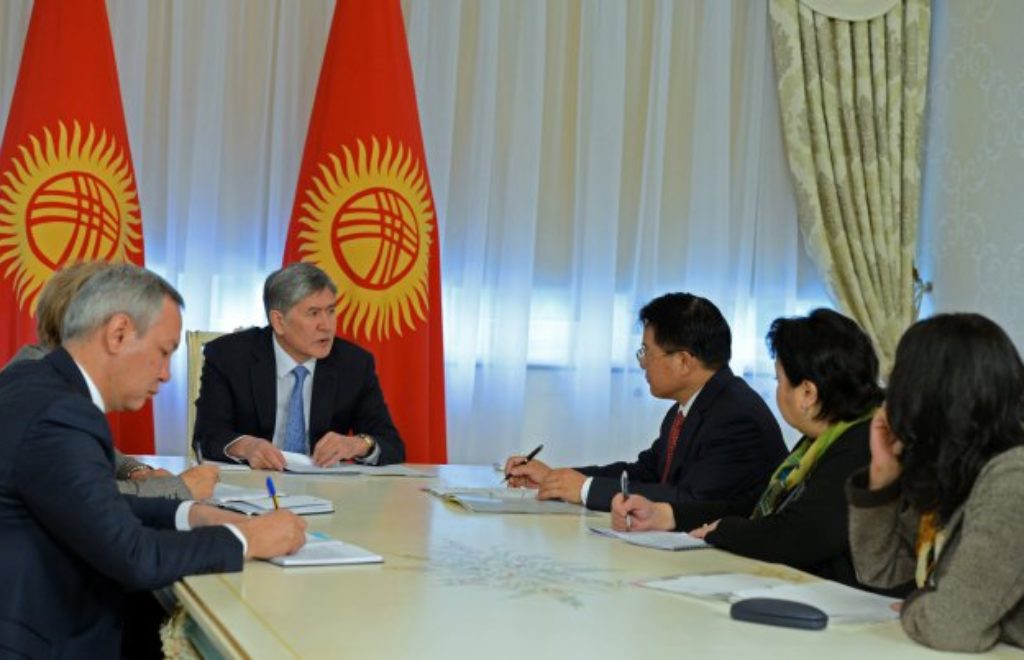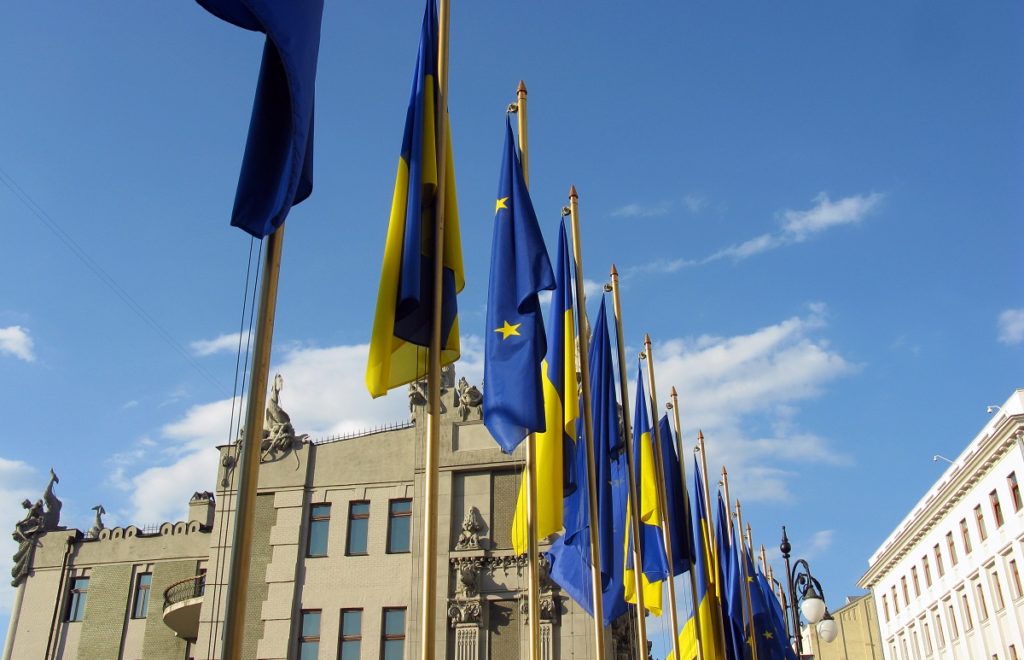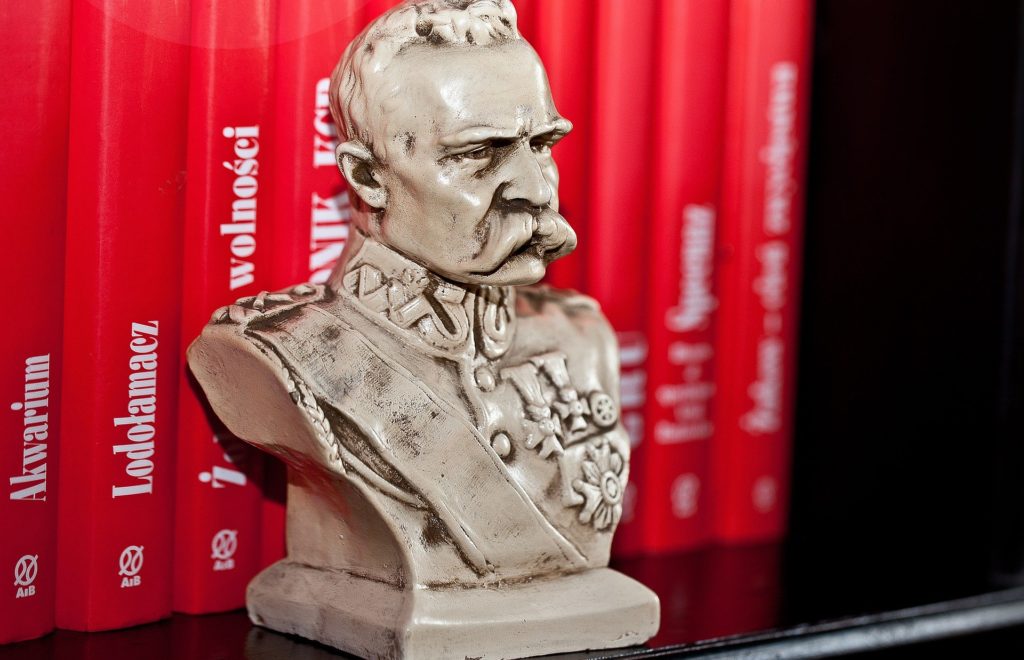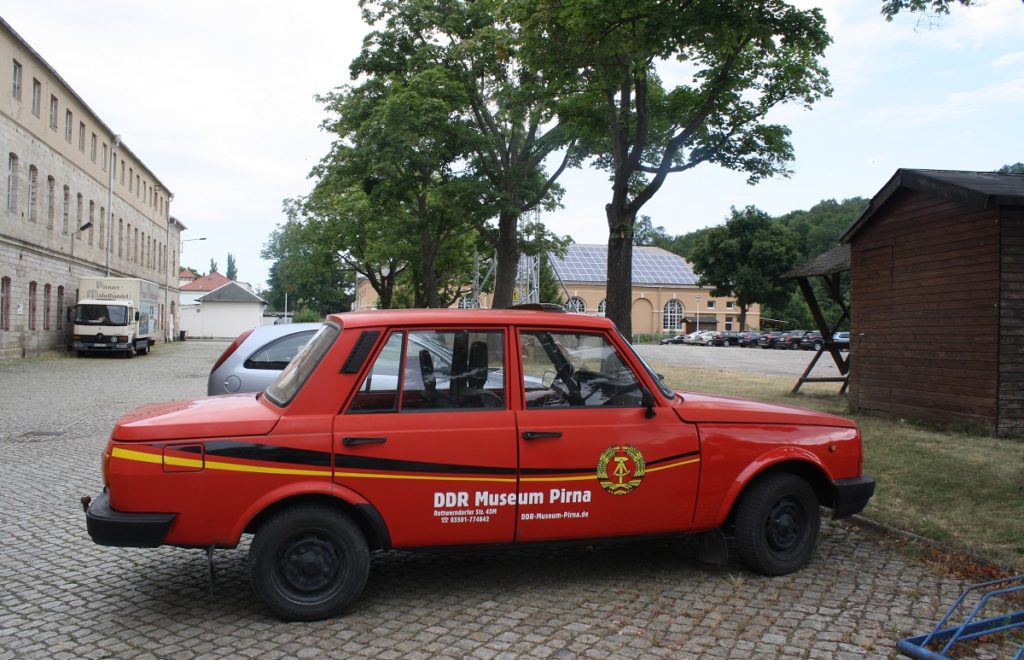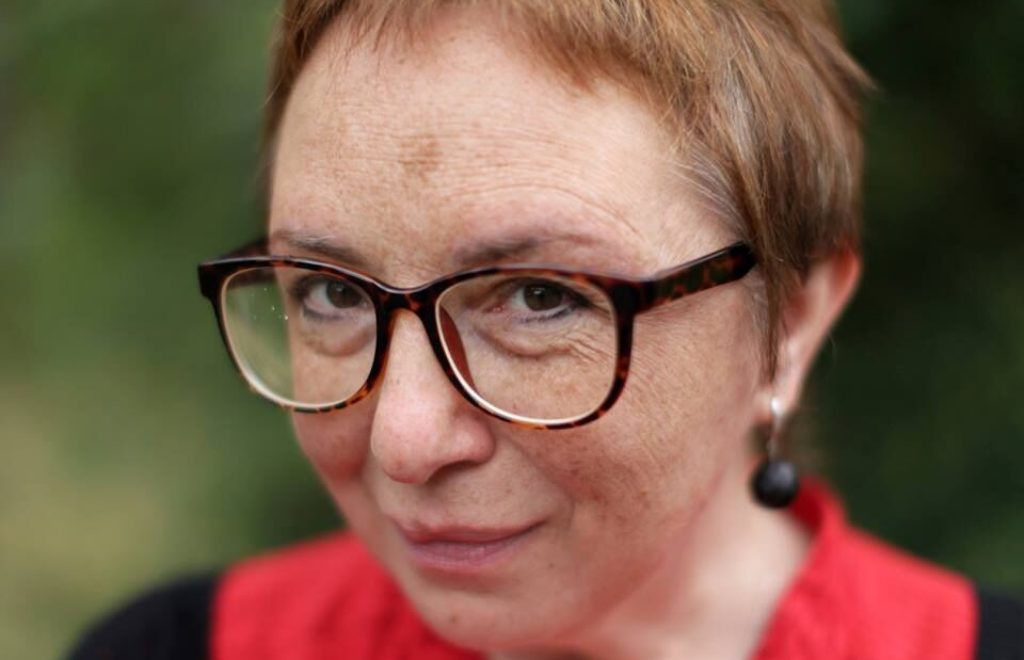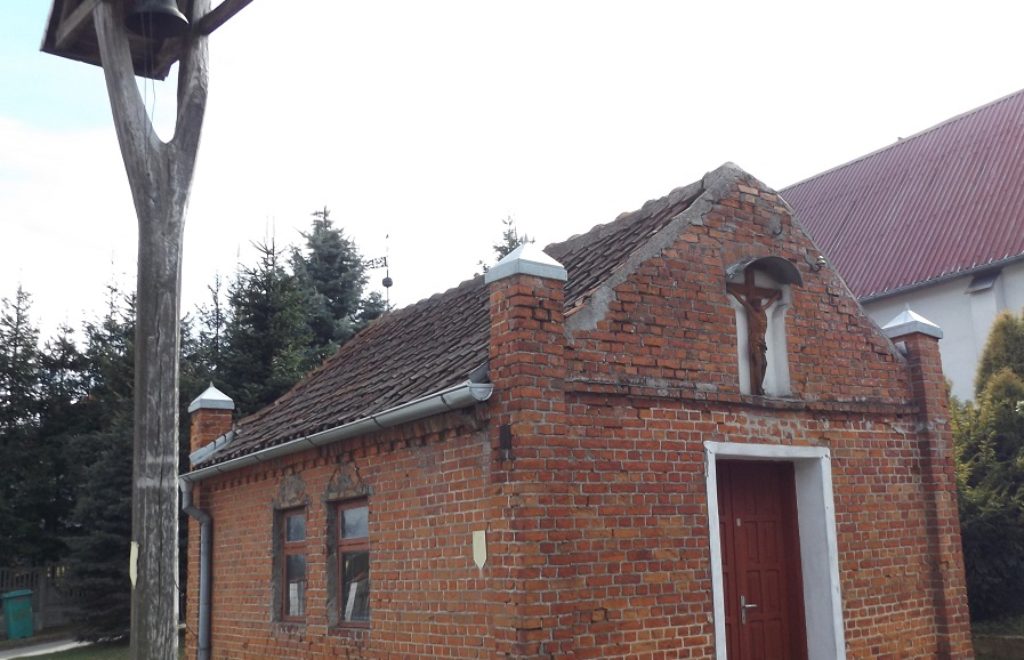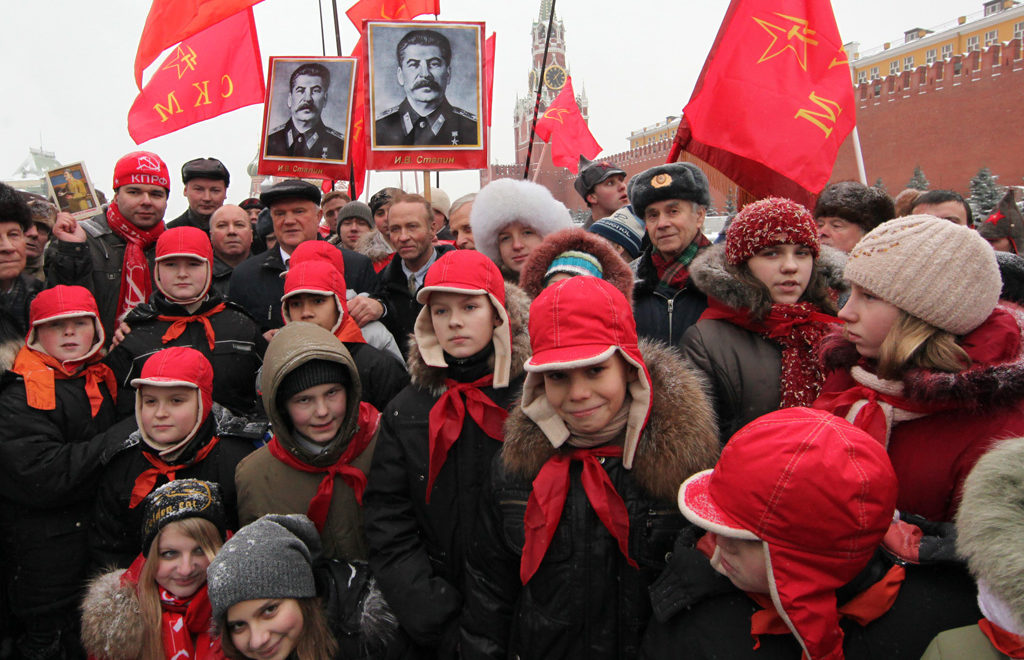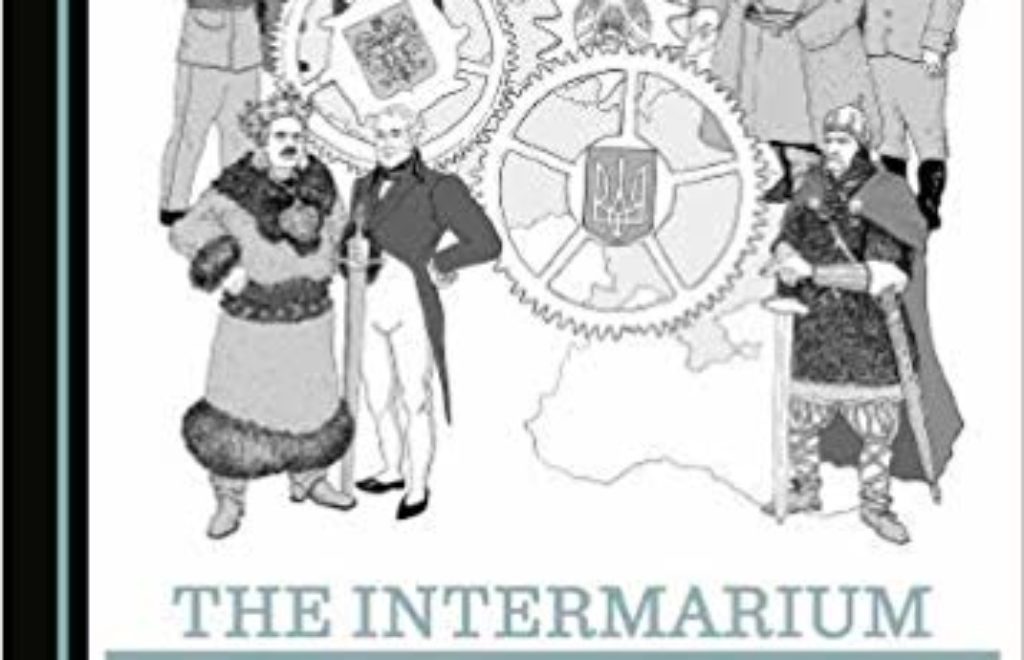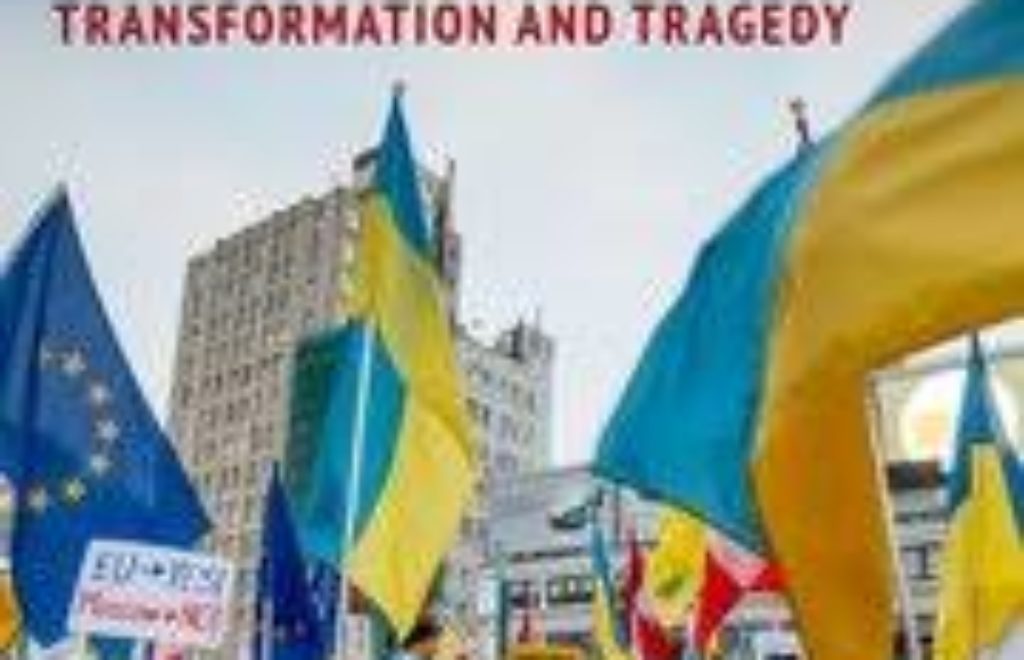Lord of the flies. Power struggles on Central Asia’s island of democracy
Kyrgyzstan is often understood to be the only democracy in Central Asia. A transfer of power has happened here more often than its neighbours. Turkmenistan and Uzbekistan have witnessed replacement at the top following the death of their respective rulers; in Kazakhstan, the presidential change happened this year with the approval of its long-serving president Nursultan Nazarbayev, who, as an aksakal , still retains significant political power; Emomali Rakhmon has been ruling Tajikistan, unchallenged, since the mid-1990s, when he rose to power after political turbulences and a bitter civil war.
November 13, 2019 - Rusif Huseynov


